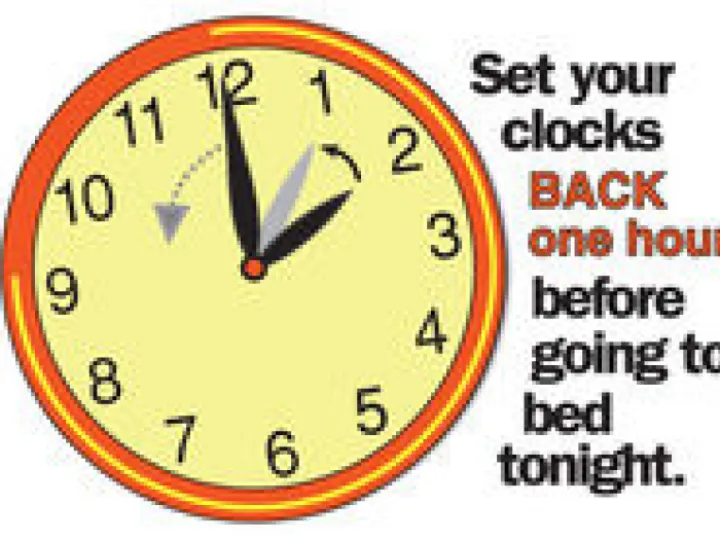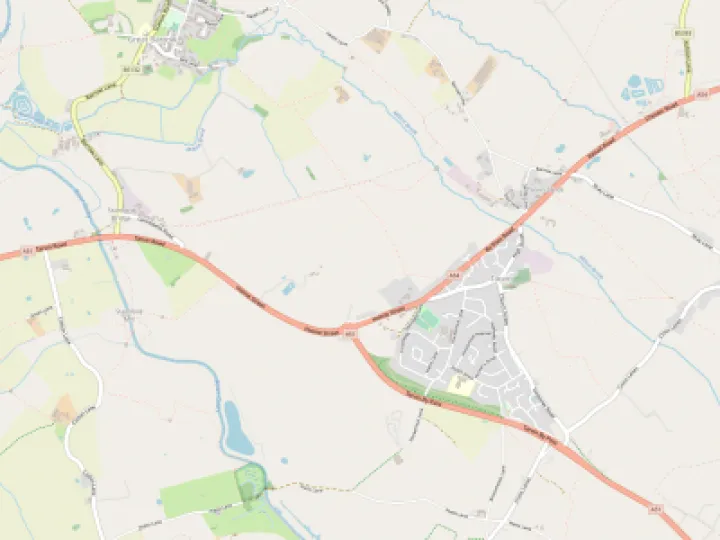End of British Summer Time. Why do we change?
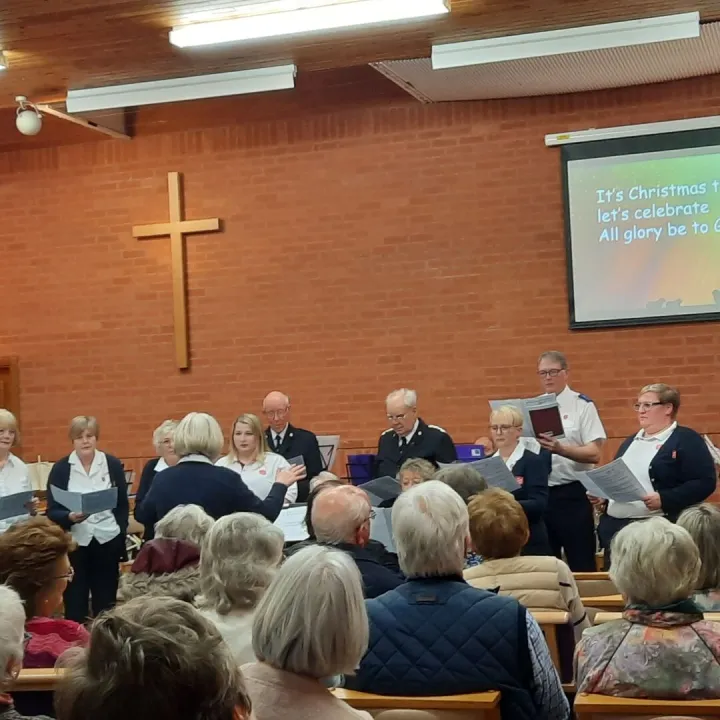


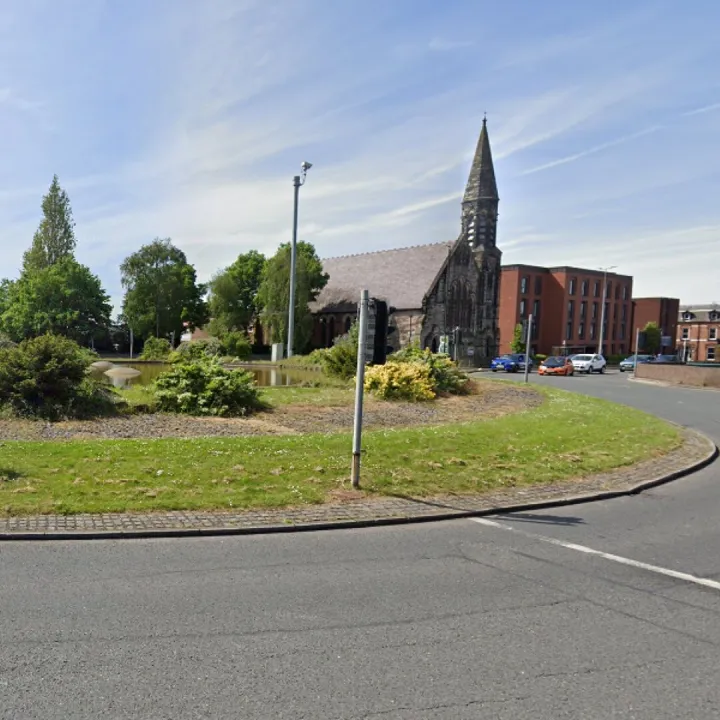
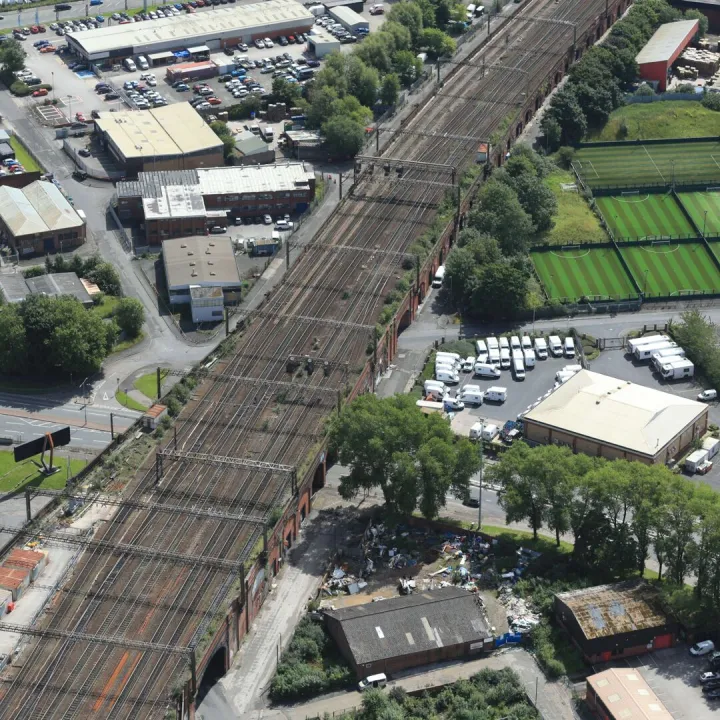

British Summer Time ends on the last Sunday in October and, therefore, this year ends on the 31st October. This officially happens at 2.00am but for convenience setting your clock back an hour at bedtime works just as well. Smartphones and other electronic devices normally adjust automatically. Your smartphone will even adjust if you are abroad as they can detect which time zone you are in.
But why do we have British summer time?(Also known as Daylight saving time)
It is still a divisive issue. many people find the their sleeping patterns are much disturbed for weeks even with only a one hour change and would prefer not to put their clocks back and forward every 6 months.
Daylight Saving time was originally proposed in 1907 by William Willet, south London builder who self-published a pamphlet called 'Waste of Daylight'. His initial proposal being that clocks could be set back twenty minutes a day for four days. The British government had no interest in the idea until Germany introduced their own daylight saving time in 1916to allow munitions factories to stay open an hour longer since there would be enough time to do so, thereby increasing productivity. Unsurprisingly, the British government immediately followed their lead.
Willet's motives actually had little to do with productivity. He had, in fact, grown frustrated with having to cut short his rounds of golf at dusk. Sadly, Willet died in 1915 and never saw his idea put into practice. (Incidentally, William Willet is Coldplay Lead singer, Chris Martin's great-great-grandfather).
It is argued, by many, that the uk should remain on British summer time and not change the clocks at all. A Cambridge University study found that staying on BST all year round would reduce CO2 emissions by more than 447,000 tonnes per year, this would roughly equate to 50,000 cars driving around the world. Perhaps this does not seem like much but when scaled up, to other countries this could be an important factor in our increasingly populated world.
The AA has for many years supported the idea of Year-round BST as they estimate it would reduce the number of accidents in the dark evenings when drivers are usually more tired. Many Children's health campaigners also suggest that children would play out for longer in the lighter evenings, thereby increasing their wellbeing. Tourism could also benefit as lighter evenings would mean more lighter evenings when visitors tend to spend more.
There are a few problems of having BST all year round; early risers such as postal workers and dairy workers would be doing much of their job in the dark, Children would have to walk to School in the dark and this could increase the risk of accidents. People who live in Scotland would find that in January and February, it would not get light til 10am and many would have to drive to work in the dark.
The European Union voted to scrap daylight saving time in 2018 and it was due to come into effect this year, however, Covid-19 has put the brakes on this plan as there are wide differences between member states on the issue and there are much bigger issues to tackle. Ireland are against it as it would put them in a different time zone two the UK for half of the year.
Ed: What will happen in the future?... Only time will tell!
Quick Links
Get In Touch
TarvinOnline is powered by our active community.
Please send us your news and views.

